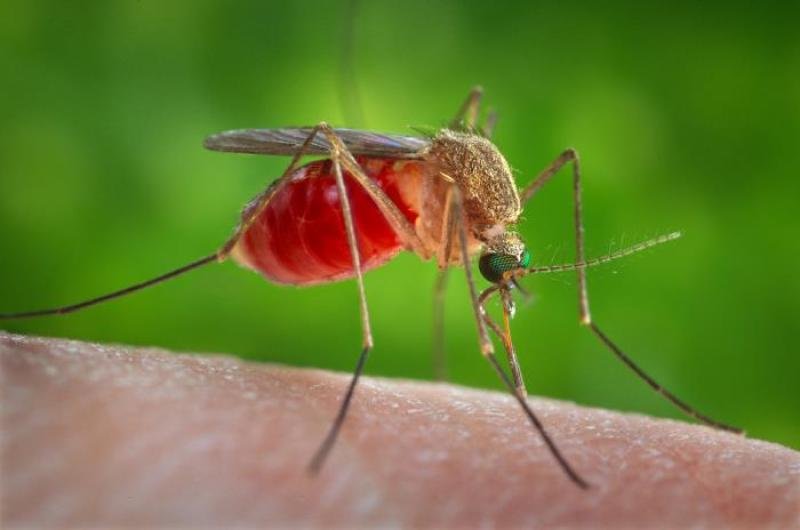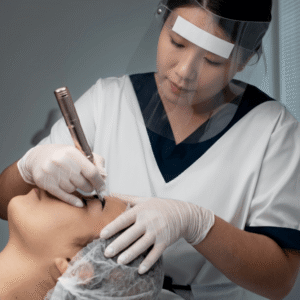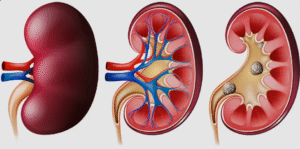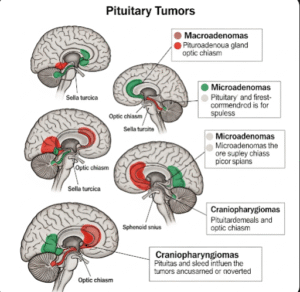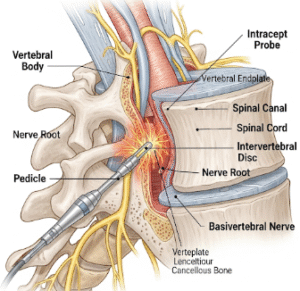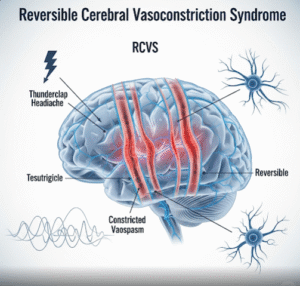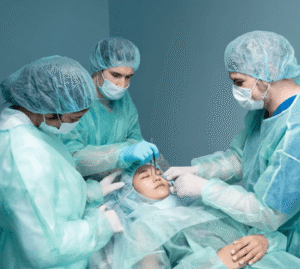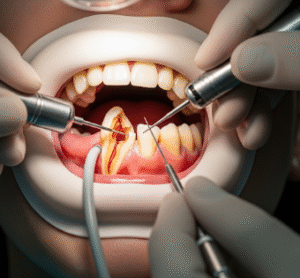Overview
West Nile Virus (WNV) is a mosquito-borne virus that can cause mild flu-like symptoms or, in severe cases, neurological diseases such as encephalitis or meningitis. First identified in Uganda in 1937, WNV has since spread globally, including North America, Europe, Asia, and the Middle East. While most people infected do not develop symptoms, early detection and supportive care are vital for managing severe complications.
What is West Nile Virus?
West Nile Virus is an arbovirus (arthropod-borne virus) in the Flavivirus family, transmitted primarily through the bite of infected Culex mosquitoes. The virus cycles between birds and mosquitoes, with humans and other mammals acting as incidental, or “dead-end,” hosts. In about 20% of cases, infected individuals develop West Nile fever, and less than 1% develop neuroinvasive disease, which can be life-threatening.
Symptoms
WNV infection ranges from asymptomatic to severe. Symptoms typically appear 2–14 days after being bitten by an infected mosquito.
Mild to moderate symptoms (West Nile fever):
- Fever
- Headache
- Fatigue
- Body aches and joint pain
- Skin rash
- Swollen lymph nodes
- Nausea or vomiting
Severe symptoms (neuroinvasive disease):
- High fever
- Neck stiffness
- Disorientation or confusion
- Tremors or muscle weakness
- Seizures
- Paralysis
- Coma (in extreme cases)
Causes
West Nile Virus is caused by infection with the WNV following transmission by mosquitoes, primarily Culex species. Other rare methods of transmission include:
- Blood transfusions
- Organ transplants
- From mother to baby during pregnancy, delivery, or breastfeeding
- Laboratory exposure
Humans typically get infected through the bite of a mosquito that has fed on an infected bird.
Risk Factors
While anyone can get infected, certain factors increase the risk of developing severe disease:
- Age over 60
- Weakened immune system (e.g., from cancer, organ transplantation, HIV/AIDS)
- Chronic medical conditions such as diabetes, kidney disease, or hypertension
- Outdoor activity during mosquito season (especially from dusk to dawn)
- Living in or traveling to endemic regions during peak transmission months (summer–fall)
Complications
Though most recover fully, WNV can lead to serious complications, especially in severe cases:
- Encephalitis (inflammation of the brain)
- Meningitis (inflammation of the membranes surrounding the brain and spinal cord)
- Acute flaccid paralysis
- Coma or death
- Long-term neurological symptoms (memory loss, fatigue, muscle weakness)
- Psychiatric issues such as depression or anxiety
Prevention
There is currently no vaccine for West Nile Virus in humans, so prevention focuses on mosquito control and personal protection:
- Use insect repellents containing DEET, picaridin, or oil of lemon eucalyptus
- Wear long sleeves and pants outdoors, especially at dusk and dawn
- Install or repair window screens to prevent mosquitoes from entering
- Eliminate standing water in containers, gutters, flower pots, or birdbaths
- Use mosquito nets or coils when sleeping outdoors or in non-screened areas
- Local authorities may use insecticide spraying during outbreaks
Treatment Options in Korea
There is no specific antiviral treatment for West Nile Virus, but supportive care is available and effective, especially when symptoms are detected early. In South Korea, treatment includes:
- Hospitalization for severe cases with neuroinvasive symptoms
- Intravenous fluids and electrolyte management
- Pain and fever management with non-steroidal anti-inflammatory drugs (NSAIDs)
- Monitoring and supportive care in intensive care units (ICUs) for encephalitis or paralysis
- Physical rehabilitation to restore motor function and cognitive therapy in cases of neurological damage
- Neurology and infectious disease consultations in top facilities such as Seoul National University Hospital, Asan Medical Center, and Samsung Medical Center
Korea’s advanced public health system also ensures quick identification and containment of any potential imported or local cases.

